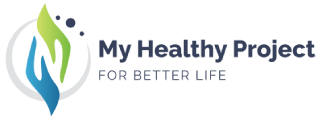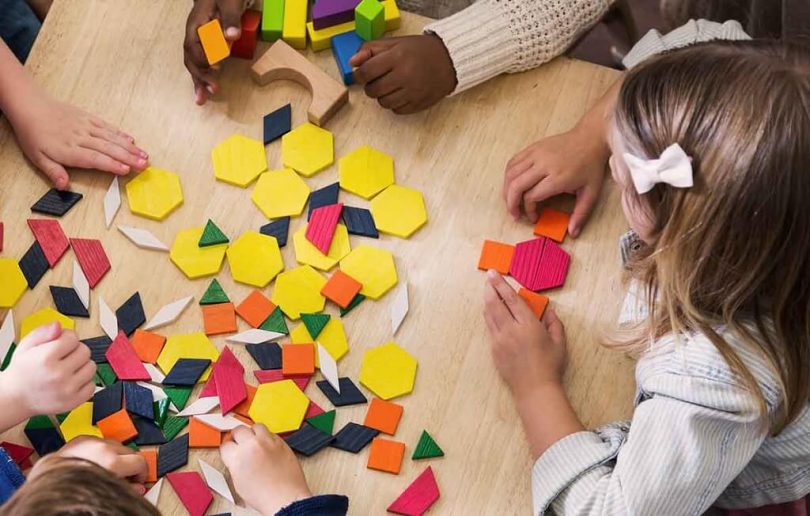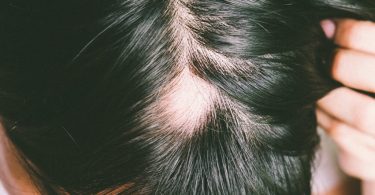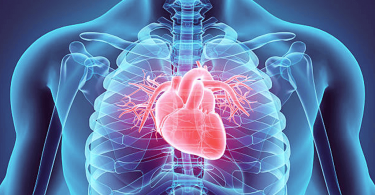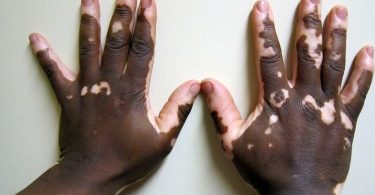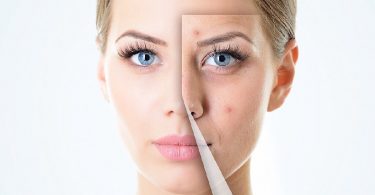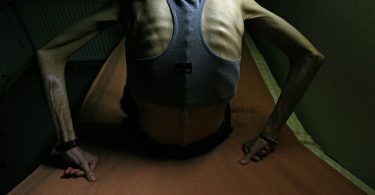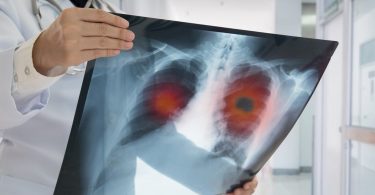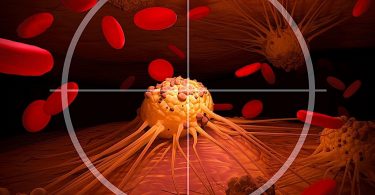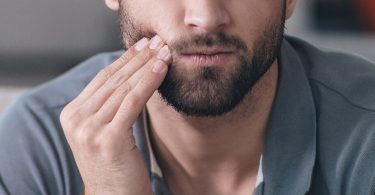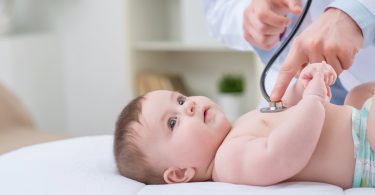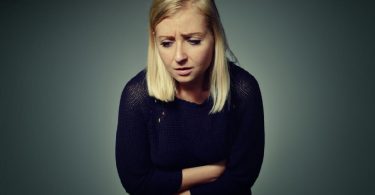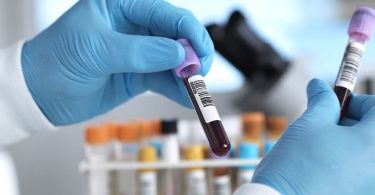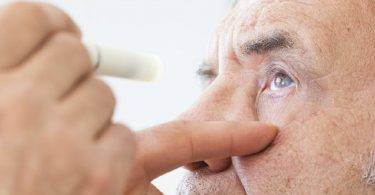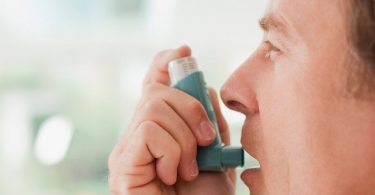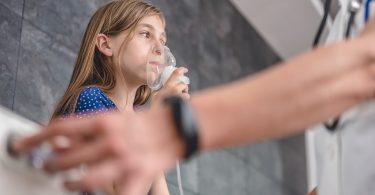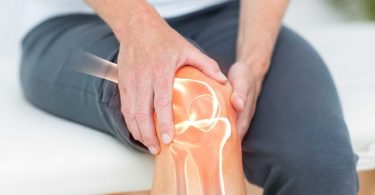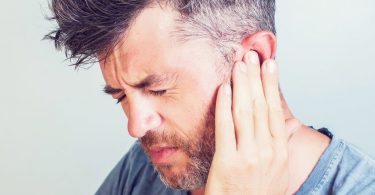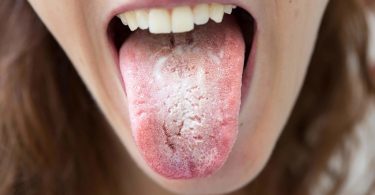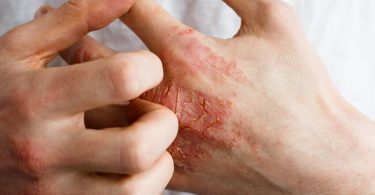Contents
Autism definition
The autism is a disorder of neurological and psychological development. It is characterized by impaired social integration and communication, which are associated with abnormalities in behavior and intellectual development (usually there is mental retardation). In this article we will talk about : Autism causes, symptoms and treatment.
Autism is one of the pervasive developmental disorders, or PDDs, which also include Asperger syndrome and Rett syndrome.
The disease usually manifests in early childhood, more commonly in boys.
Variable evolution
The development of the child with autism is variable: approximately 10% of patients will be able to lead an almost normal life; While, 30% will have a limited social life and will need to be supervised by their activities; But, the vast majority (around 60%) are severely affected and will continue to be heavily dependent on adulthood.
Autism causes
The causes of autism are still poorly understood, even if a genetic factor is suspected.
In some cases, autism is due to medical condition (tuberous sclerosis of Bourneville for example).
Autism symptoms
We detect the first signs of autism generally at the age of 3 years.
Among the affected functions:
- motor skills: tone disturbance, particular gait (often on tiptoe)…
- perception: hypersensitivity or, on the contrary, insensitivity to noise, images…
- language and communication: little or no smile, absent, inappropriate or incomprehensible language. There is an inability to bond with other individuals of the same age, to share his pleasures, his emotions;
- the affective: indifference towards the outside world, difficulties in establishing contact…
Other autism disorders
There are also disturbances of sleep (insomnia) and eating behavior (anorexia, vomiting, selection of food). The child shows particular behaviors: posturing, swaying, impressive anger…
Often, the child with autism constantly repeats the words spoken by people around him (echolalia). He often speaks alone. To communicate, he generally uses facial expressions, expressions, gestures (like pointing the finger, saying goodbye…). He has habits, rituals, which it is very difficult for him to give up.
When changes, even minor, occur in his environment (change of clothes, route, place …), violent reactions can occur: anger, anxiety, aggression towards others (hetero-aggressiveness) or himself (self -aggressiveness).
In three quarters of the cases, there is a more or less severe mental retardation.
A medical opinion is necessary.We must detect and manage autism early.
Autism exams
We may suspect the autism from an early age (around 6 months) on discrete signs of abnormal development. However, these can go unnoticed and make diagnosis very difficult.
A child psychiatrist confirms autism generally at the age of 3 by assessing the child’s abilities using a medical check-up such as: Psychological, speech and psychomotricity tests.
This specialist also coordinates multidisciplinary care.
And they prescribe other complementary examinations (audiogram, electroencephalogram, ophthalmological examination, etc.) in order to eliminate any other disease that may be at the origin of manifestations similar to those of autism.
Autism treatment
The treatment of autism is based on psychological, speech therapy, psychomotor, educational, pedagogical care, sometimes combining drugs.
Therapies
Different specific therapy programs exist. Most often of American origin, they give rise to debate and controversy in France: ABA (applied behavior analysis), the TEACCH program (treatment and education of children with autism or those with similar communication disorders), the method 3I (individual, intensive, interactive), or the Sound Rise…
The effectiveness of music therapy (We use music as treatment) or more generally of art therapy (art and manual creations such as drawing, painting, become therapeutic tools) is no longer to be proven in the management of autism.
Supervised care
The family, the treating doctor, the specialist doctor, the school or the crèche, and the care team (psychomotor therapist, speech therapist, etc.) must take care of ausitic children in adapted structures.
Parents’ associations of autistic children can be an excellent support for the family.
Read also:
Panic attack: causes, symptoms and treatment
Asthma: causes, symptoms and treatment
Ascites: causes, symptoms and treatment
Osteoarthritis: causes, symptoms and treatment
